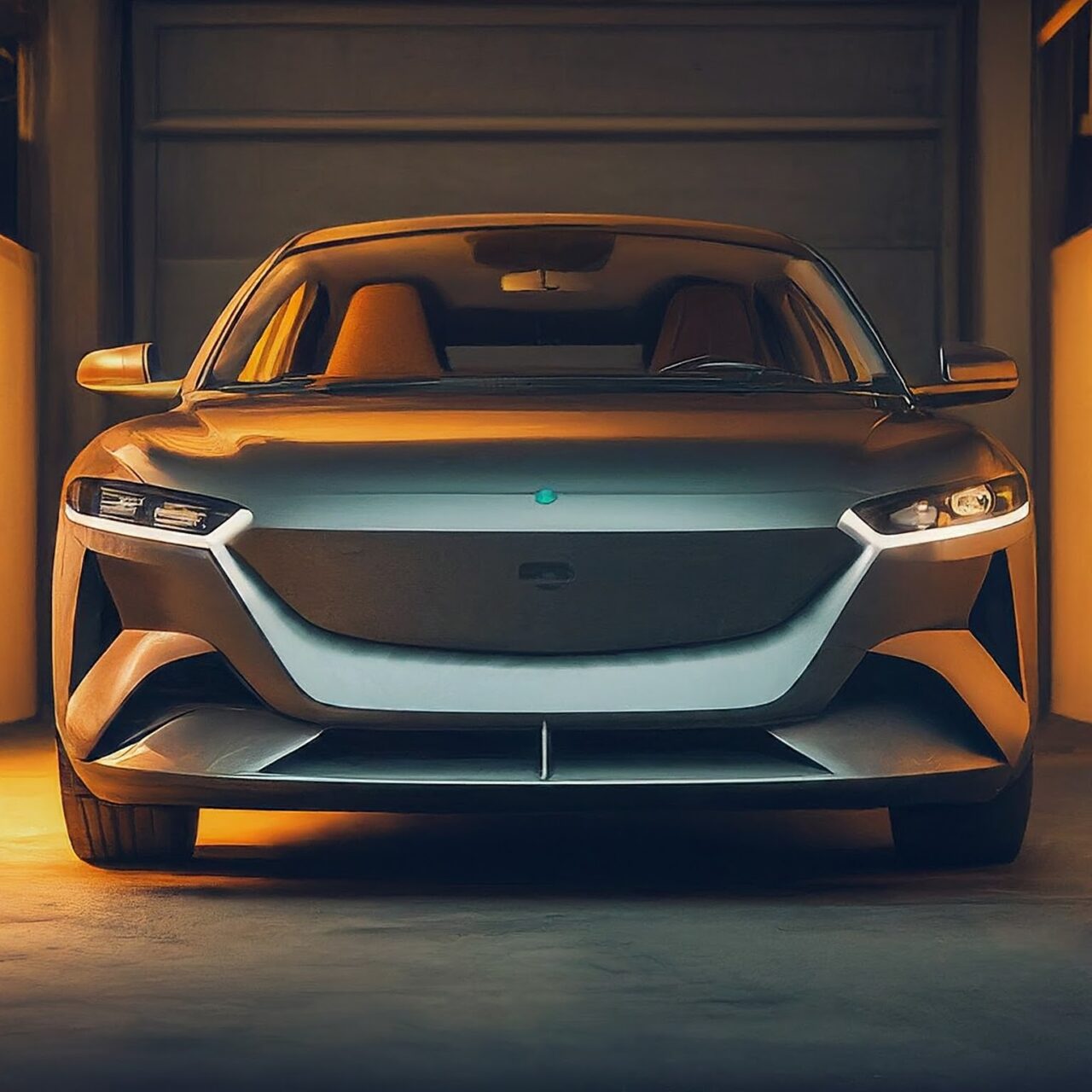Table of Contents
ToggleWhat to Consider When Buying a Luxury Car: New vs. Used, Leasing vs. Buying
Buying a luxury car is more than just a purchase; it’s an experience and an investment. Whether you’re eyeing a brand-new model with the latest features or a pre-owned gem with timeless appeal, there are several factors to consider. Additionally, deciding between leasing and buying adds another layer of complexity. Here’s a comprehensive guide to help you navigate these choices and make the best decision for your needs and lifestyle.
1. New vs. Used: Pros and Cons
New Luxury Cars:

Pros:
- Latest Technology: New luxury cars come equipped with the most advanced technology and features. This includes the latest in safety, entertainment, and convenience systems.
- Full Warranty: New cars come with a manufacturer’s warranty, which can cover repairs and maintenance for a certain period, giving you peace of mind.
- Customization Options: When buying new, you have the opportunity to customize your vehicle to your exact specifications, from paint color to interior trim.
- Better Financing Rates: New cars often come with more favorable financing options, including lower interest rates.
Cons:
- Depreciation: New cars depreciate quickly, losing value as soon as you drive off the lot. The initial depreciation can be steep.
- Higher Cost: New luxury cars are more expensive than their used counterparts, which can mean a larger down payment and higher monthly payments.
Used Luxury Cars:

Pros:
- Cost Savings: Used luxury cars are generally less expensive than new ones. This can allow you to buy a higher-end model or a better-equipped vehicle for the same price.
- Slower Depreciation: Used cars have already undergone the initial depreciation, so they tend to lose value at a slower rate.
- Variety: There is often a wide range of used luxury vehicles available, giving you more options to find a model with a specific feature set or history.
Cons:
- Potential for Wear and Tear: Used cars might have more wear and tear, which could lead to additional maintenance and repair costs.
- Limited Warranty: The warranty on a used car may have expired, or it might be limited compared to a new car. Extended warranties might be available but can be costly.
- Outdated Technology: Older models might not have the latest technology and features that newer models offer.
2. Leasing vs. Buying: Which Is Right for You?
Leasing a Luxury Car:

Pros:
- Lower Monthly Payments: Leasing typically involves lower monthly payments compared to buying, which can allow you to drive a more expensive vehicle for less.
- Newer Models: Leasing often allows you to drive a new car every few years, so you’re always in a vehicle with the latest features and technology.
- Lower Maintenance Costs: Lease warranties often cover most of the maintenance and repair costs, which can save you money over time.
Cons:
- Mileage Limits: Leases come with mileage limits, and exceeding them can lead to costly penalties. If you drive a lot, this could be a significant drawback.
- Customization Restrictions: Leased vehicles must be returned in their original condition, so you can’t make significant modifications or customizations.
- No Ownership: At the end of the lease term, you return the car and don’t own any equity in it. If you plan to keep a car long-term, buying might be a better option.
Buying a Luxury Car:

Pros:
- Ownership: Once you’ve paid off the car, you own it outright. This means you can keep it for as long as you want, potentially saving money in the long run.
- Unlimited Mileage: There are no mileage limits when you own a car, so you can drive as much as you want without worrying about penalties.
- Customization Freedom: Ownership allows you to customize your vehicle as you see fit, from aftermarket parts to personalized interior touches.
Cons:
- Higher Monthly Payments: Buying typically involves higher monthly payments compared to leasing, which can impact your budget.
- Depreciation: As mentioned earlier, buying a new car means dealing with depreciation. The vehicle’s value will decrease over time, which can affect its resale value.
- Maintenance Costs: Once the warranty expires, you’re responsible for maintenance and repair costs, which can be significant for luxury vehicles.
3. Additional Considerations
- Insurance Costs: Luxury cars often come with higher insurance premiums. Make sure to get insurance quotes before making a decision.
- Resale Value: Research the expected resale value of the car model you’re interested in. Some luxury brands and models hold their value better than others.
- Financing Options: If you decide to buy, compare financing options from various lenders, including banks, credit unions, and dealer financing. Look for the best interest rates and terms.
- Inspection and History Report: For used luxury cars, obtain a vehicle history report and consider having a pre-purchase inspection done to identify any potential issues.
Conclusion
Deciding between a new or used luxury car and choosing between leasing or buying depends on your personal preferences, financial situation, and driving habits. By carefully weighing the pros and cons of each option, you can make an informed decision that aligns with your lifestyle and budget. Whether you opt for the latest model with all the bells and whistles or a well-maintained pre-owned gem, the key is to find a vehicle that brings you joy and meets your needs. Happy driving!
Feel free to share your experiences or ask questions in the comments below!


Leave a Reply